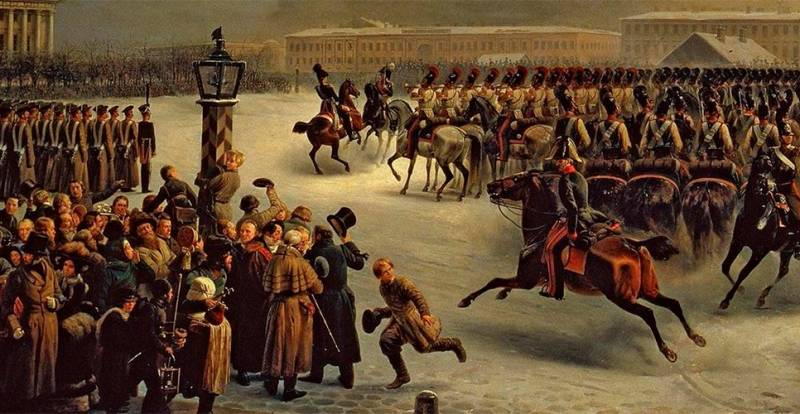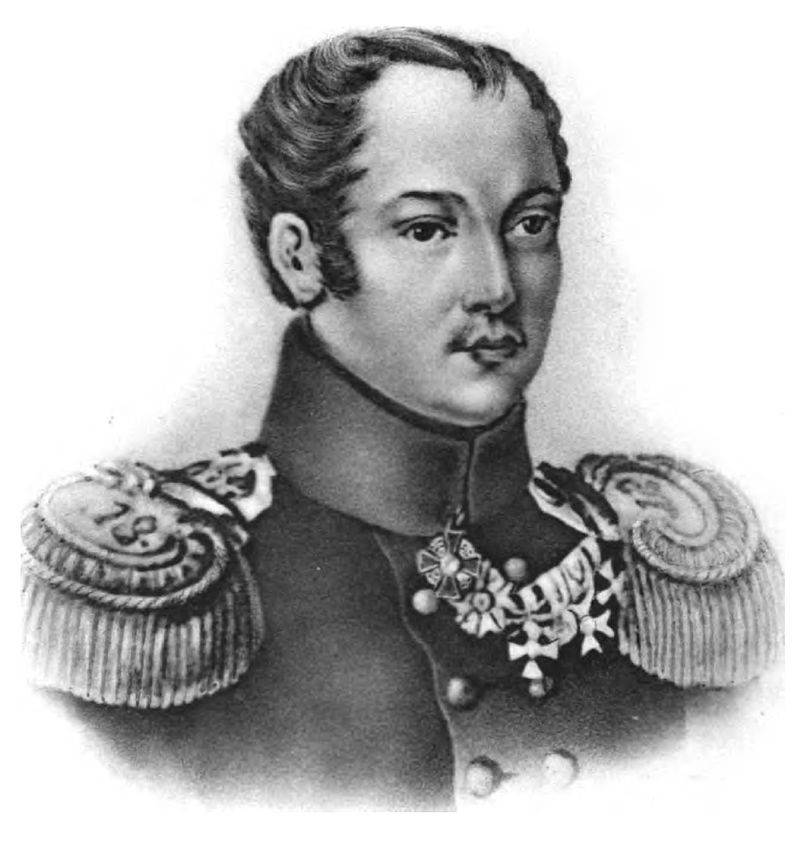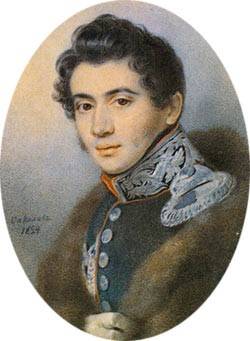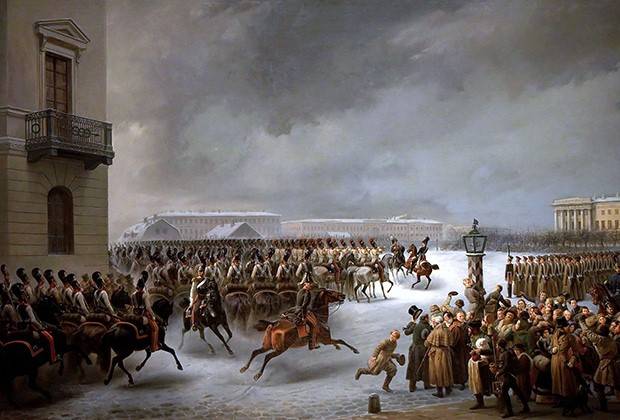Was the victory of the Decembrists possible?

After the successful completion of the Patriotic War of 1812 for Russia and the foreign campaigns of 1813-1814, which ended in the capture of Paris, many Russian officers were amazed by the life of Western Europe. The discrepancy between the standard of living and the political structure of France and the Russian Empire was sharply evident to the victors of Napoleon. “We won, but why is it so much worse for us than for them?” This question haunted them for a long time.
In Russia, as before, there was an autocracy with unlimited power of the monarch, serfdom, which placed millions of Russian peasants in a slave position, twenty-five years of soldier's service, which differed little from serfdom. In a word, everything that France got rid of back in the years of the revolution flourished in Russia. All this gave rise to a quite natural question in such conditions: what to do?
Already in 1816, only 2 years after returning home, the first secret organization appeared among the officers - the Union of Salvation. After another 2 years, it was renamed the Union of Welfare. Despite the fact that the organization was a secret, for the first few years of its existence, its members were engaged only in gathering at each other's apartments and discussing what reforms should be carried out in Russia.
There were no plans for an armed seizure of power yet: everyone hoped that the tsar would abolish serfdom, carry out reforms, grant the country a Constitution, and voluntarily limit his power. However, years passed, and the tactics of waiting did not justify itself: no reforms began. Then the members of the organization began to have more radical plans, providing for the seizure of power and the implementation of reforms on their own.

Pavel Pestel
lack of unity
It is necessary to pay special attention to the fact that there was no unity among the conspirators. There were different views, various projects for the reorganization of the country, various leaders. The conspirators could not even create a single organization; already in the early 1820s, the Northern Society appeared in St. Petersburg and the Southern Society on the territory of present-day Ukraine, where the troops were quartered.
Program documents on the future reorganization of Russia, drawn up by the leaders of the Northern and Southern societies, fundamentally contradicted each other. So, one of the leaders of the Northern society, Nikita Muravyov, in his "Constitution" proposed to establish a constitutional monarchy and a federal structure in the country. The leader of the Southern Society, Pavel Pestel, was more radical. In Russkaya Pravda, written by him, Pestel plans the establishment of a republic, the extermination or expulsion of the royal family, a unitary structure and the establishment of a dictatorship in the country. Naturally, Pestel saw himself as a dictator.
Based on this, we will now try to trace the further course of events in the event that any of these societies, Northern or Southern, comes to power.

Nikita Muraviev
Odds of winning
Of course, the Northern Society had more chances to seize power, since it was located in the capital. On the day of the uprising - December 14, 1825 - Prince Sergei Trubetskoy was appointed leader of the conspirators. The day before, he drew up a detailed plan to seize power, including the storming of the Winter Palace and the arrest of the royal family.
However, the Decembrist Yakubovich, who, according to this plan, was to command the capture of the Winter Palace, refused to do so at the last moment. There was no hope for many other leaders of the uprising. So Trubetskoy's plan began to crumble even before the start of active operations.
As a result, realizing that the uprising was doomed to failure, Trubetskoy did not appear on the square at all on December 14 and, in fact, withdrew himself. Having lost their leader, the rebel regiments - about 3 people - gathered on Senate Square, but did nothing for most of the day until they were dispersed by government troops.
For the above reasons, the Northern Society failed the coup. He had the opportunity to seize power only if a more courageous and decisive person than Sergei Trubetskoy had been appointed the leader of the uprising. The mistake in choosing the leader of the uprising is the first and main reason for the failure of the Decembrists.
Suppose that somehow the most decisive and most radical of the Decembrists, Pavel Pestel, would have been at the head of the rebels in St. Petersburg. The probability of this is small, since, as we know, he was arrested the day before the uprising.
How would events have developed then? There is no doubt that in this case the Winter Palace and other government buildings would still have been taken by the rebels. However, what's next? The rebels had only 3 soldiers and 000 officers, while Nicholas I had at least 28 soldiers. The forces, as we see, are too unequal, and in any open clash, victory would have gone to government troops.
Thus, even under the condition of decisive action, the probability of a victory for the Decembrists is minimal.

Decembrist uprising on December 14, 1825. Vasily Timm
However, there was still a chance. But only on condition that it would be possible to kill or capture Nicholas I, thus depriving the government troops of a single command. Only in this case, part of the government forces could go over to the side of the rebels, realizing that they had no one else to defend.
Events in this case, most likely, would develop as follows. Pestel appoints himself a temporary dictator and begins to implement his "Russian Truth". Since all members of the Southern Society are far from St. Petersburg, Pestel has practically no supporters in the capital. Members of the Northern society unanimously oppose the newly-minted dictator and easily remove him from power.
The struggle for the empty place of the ruler begins. Nikita Muravyov, the champion of the constitutional monarchy, has the greatest chances to emerge victorious from the fight that has begun. Muravyov and his supporters decide to put Mikhail Pavlovich, the younger brother of Nicholas I, on the empty throne, forcing him to accept the draft of Muravyov's "Constitution" before that. Michael signs everything that is offered to him, and thus becomes a constitutional monarch. However, after only a couple of months, he sees that there is still no unity among the Decembrists and, having enlisted the support of several army regiments and guards, he tears to shreds the Constitution imposed on him. He sends part of the conspirators to the gallows, part to Siberia, and part to the Caucasus.
Bottom line: a few months after the uprising, autocracy was restored, Emperor Michael rules happily ever after.
As for the Southern Society, since it was located far from the capital, it had practically no chances to take power. In addition, the leaders of this society could not even organize universal support among the troops.
As you can see, even if the uprising of December 14, 1825 in St. Petersburg was successful, the leaders of the Decembrists would hardly have been able to retain power for a long time. And the main reasons for this are the lack of unity among them and a common, pronounced leader who would enjoy the support of the majority of the rebels, as well as the lack of a clear hierarchy and discipline in the Northern society.
As we know, almost 100 years later, the Bolsheviks were able to seize and retain power mainly because they had all of the above: a single leader, and unity in the party, and a strict hierarchy, and party discipline.
- Andrey Sarmatov
- https://historyrussia.org/ https://lenta.ru/ https://ru.wikipedia.org
Information